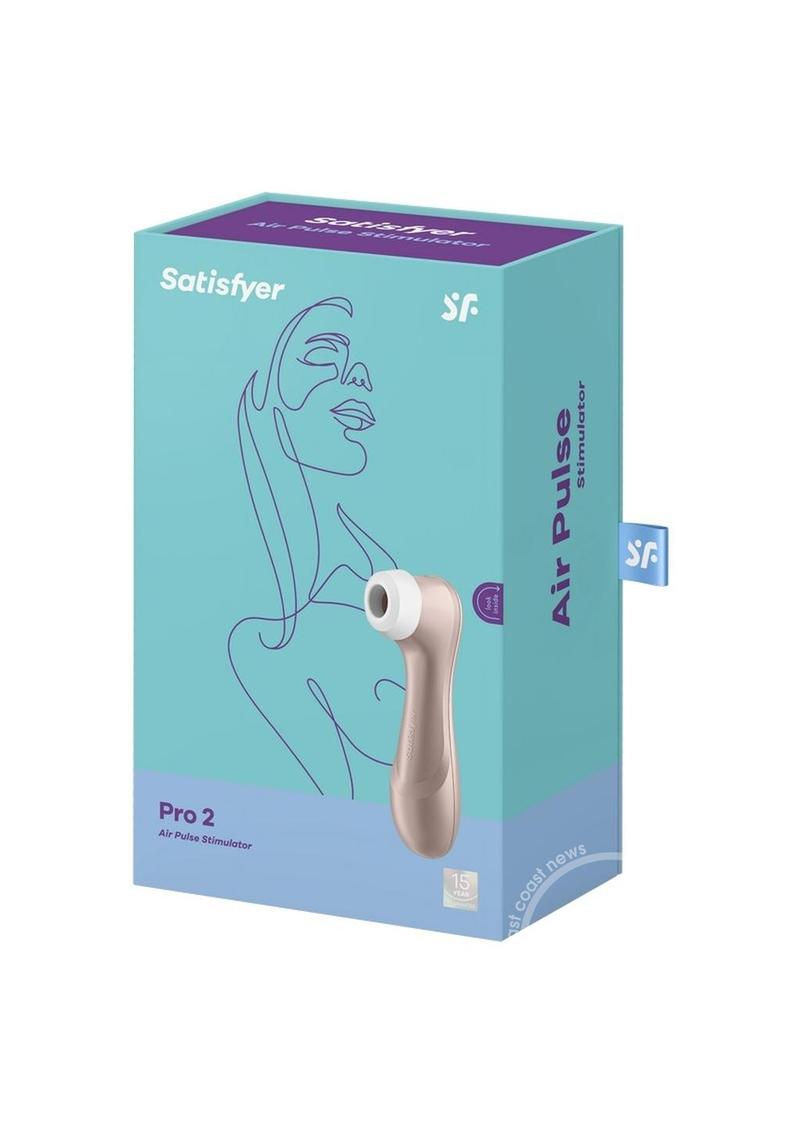Let's Talk About (Painful) Sex, Baby!
- EnellMarie

- Nov 1, 2023
- 2 min read
Updated: Nov 1, 2023
Today, we're going to delve into a little known topic that can significantly impact your sexual well-being: vaginismus and vulvodynia. We want to shed light on how these conditions can impact your sexual experience and provide guidance on managing them as you embrace this beautiful phase of life.
Understanding Vaginismus and Vulvodynia
What is Vaginismus?
Vaginismus (vag-i-nis-mus) is a condition characterized by involuntary contractions of the vaginal muscles, making penetration painful or even impossible. These contractions are often an automatic response to the fear of pain, causing a cycle of anxiety and discomfort.
What is Vulvodynia?
Vulvodynia (vul-vo-dyn-ia) is chronic vulvar pain that doesn't have a clear cause. It can manifest as burning, stinging, or soreness in the vulva (everywhere that your underwear touches) and can make any form of genital touch or intercourse painful.
How It Affects the Sexual Experience
Emotional Impact
Both vaginismus and vulvodynia can have a significant emotional impact. For women over 50, these conditions can be particularly distressing, as they may coincide with changes in hormones, self-esteem and body image.
Relationship Dynamics
These conditions can affect your relationship with your partner. Open communication and understanding are key. Your partner should be supportive, and you should consider seeking therapy together to navigate these challenges as a team.
Managing Vaginismus and Vulvodynia
Always Consult a Healthcare Professional
If you suspect you have vaginismus or vulvodynia, the first step is to consult a healthcare professional. They can help diagnose the condition and help with finding the right treatment options for you. Keep in mind, these conditions are not easy to diagnose and your healthcare provider may ask you a series of questions about your sexual history, so it is especially important that you are comfortable with your provider.
Pelvic Floor Therapy
Pelvic floor physical therapy is often an effective treatment for both conditions. A trained therapist can help you learn how to relax and strengthen your pelvic muscles, reducing pain and discomfort.
Lubrication and Relaxation
Using a high-quality lubricant can make a world of difference in managing discomfort during sex. Additionally, relaxation techniques, such as deep breathing and mindfulness, can help alleviate anxiety and muscle tension.
Dilators
Vaginal dilators are tools that come in different sizes, designed to gradually stretch the vaginal muscles. They can be a helpful part of your treatment plan.
Medication
In some cases, your healthcare provider may recommend medications to alleviate pain and discomfort. These might include topical creams or oral medications.
Mental Support
Addressing the emotional aspects of these conditions is just as important as the physical. Seeking support from a therapist or counselor who specializes in sexual health can also be incredibly helpful.
Embracing Your Sexual Wellness Journey
Vaginismus and vulvodynia can be challenging, but they don't have to define your sex life. Women over 50 have a wealth of experience and wisdom, and these conditions are just a small part of your sexual journey. Remember that self-care, self-love, and open communication with your partner are essential.
Navigating vaginismus and vulvodynia after 50 is undoubtedly a challenge, but it's one you can overcome. With the right support, medical guidance, and self-compassion, you can continue to enjoy a fulfilling and satisfying sexual life during this vibrant phase of life. Remember, you're not alone in this journey, and there is help and support available to ensure your sexual well-being.
Sexual Health IS Wealth!!!








Comments